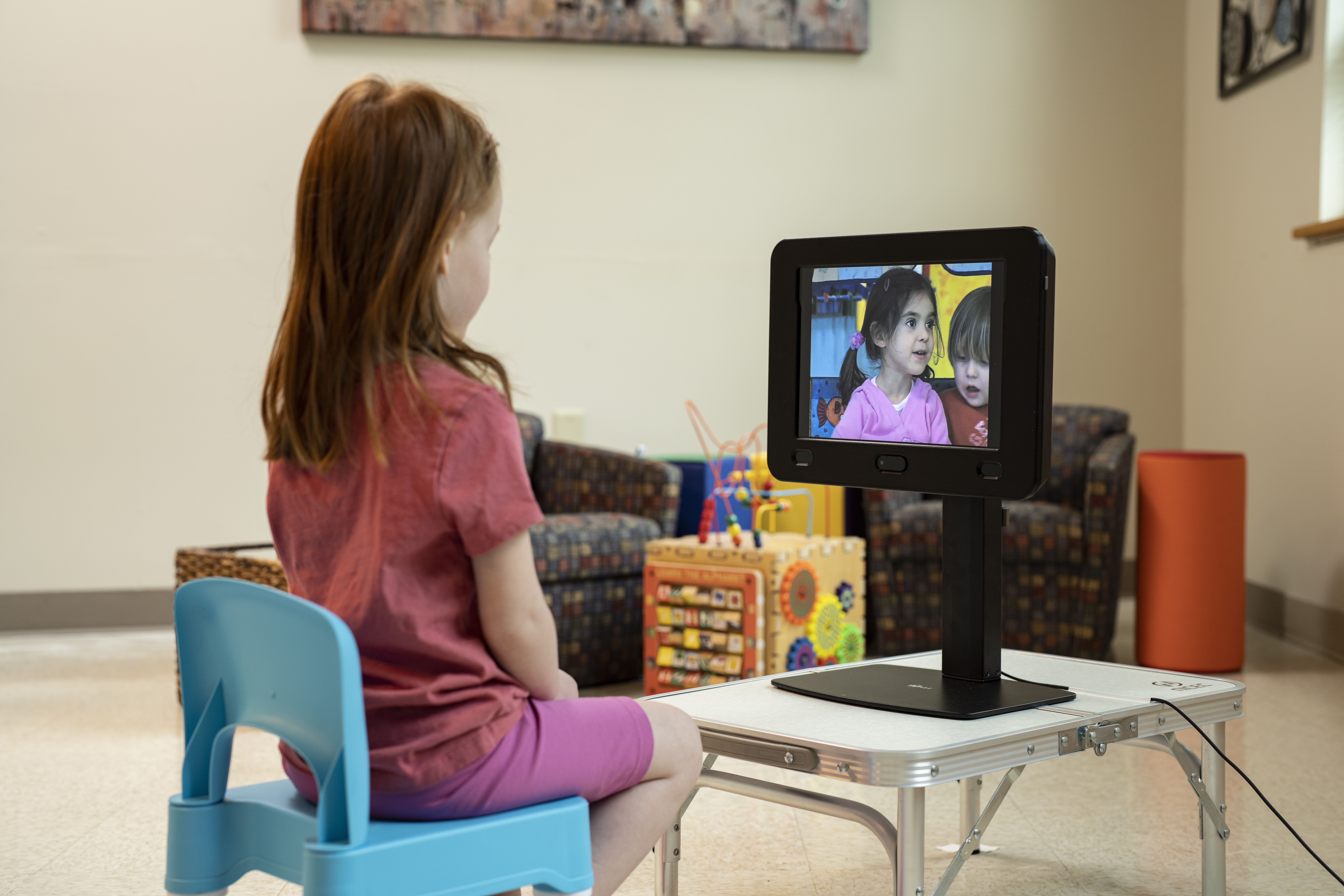Highlights
- The EarliPoint Evaluation is a step closer to providing parents with clear information about a child’s ASD status in a fraction of the time needed today
- In a single session, the EarliPoint Evaluation captures objective data to inform parents and providers
- With clearance by the FDA, the device is on its way to being approved for use in specialty centers
- The EarliPoint Evaluation will rethink what’s needed for an evaluation by allowing healthcare professionals to see that a young child’s brain is processing information differently, indicating future developmental and behavioral delays, which could lead to more personalized treatment
- Would allow clinicians to promptly diagnose for ASD in children as young as 16 months (versus waiting until delays and problems emerge, eliminate what can be an exhaustive process, and avoid wait lists in seeking a professional diagnosis when they’re older)
EarliTec Diagnostics, a digital health company making earlier identification for autism accessible to children everywhere, received FDA clearance for the EarliPoint Evaluation, an objective measurement tool to assist clinicians in diagnosing and assessing autism spectrum disorder (ASD) in children ages 16-30 months.
In 2018, 120 families participated in a study at SARRC, one of six research sites that tested the investigational device. The device works by tracking the eye movements of young children as they watch a series of short, age-appropriate videos and images. These data are compared to age-expected metrics to determine if a child is missing key moments of social learning. Families that participated in the study were, at the time, seeking an evaluation for their child, or had a typically developing child and wanted to help further science. Each family completed the eye-tracking protocol as well as SARRC’s traditional diagnostic process. Both procedures happened during a three-to four-hour visit to our campus. If applicable, parents then received a formal diagnosis from a licensed clinical psychologist.
The technology utilizes Dynamic Quantification of Social-Visual Engagement, which picks up on a child’s moment-by-moment looking behavior that is otherwise unseen by the human eye. Through directly measuring a child’s preferential attention to critical social information in the environment, EarliPoint provides the first-ever objective diagnostics tool for providers. Clinical data provided by EarliTec shows the tool safely, consistently and effectively delivers an ASD diagnosis and measures a child’s level of social disability and cognitive ability.
SARRC’s Chief Science Officer, Christopher J. Smith, Ph.D., shares how critically important it is to take full advantage of a child’s early developmental years as it can give years back to families that are better spent on interventions rather than waiting for a diagnosis.
“A child’s formative years are critical, filled with rapid cognitive, social, emotional and physical development. Sometimes differences in development are so subtle that parents and pediatricians are hesitant to act until delays become more problematic. It’s important to have clear, definitive information about these differences, so interventions can begin as soon as possible,” said Dr. Smith. “We need to take full advantage of the brain’s neural plasticity in the early developmental period. EarliPoint represents a breakthrough that utilizes solid, empirical data to facilitate the earlier diagnosis of autism. This new diagnostic tool will give years back to families that are better spent on intervention rather than waiting.”
Sreeni Narayanan, Chief Technology Officer of EarliTec noted that the approval marks a significant milestone as EarliTec and SARRC continue to develop innovative technologies designed to improve the lives of children with autism.
“How we quantify moment-by-moment behavior of a child not only provides objective measures of each child’s strengths and weaknesses today – measures that can be universally available and accessible to all families – it provides a digital health platform that can support care in the future, so that all individuals affected by autism receive timely, individualized care.”
Diagnostic Services at SARRC
If you see signs of autism in yourself or your child of any age, SARRC may be able to help. Learn more »
Research at SARRC
Learn about the many ways you can contribute to advancing research! View current research projects »

